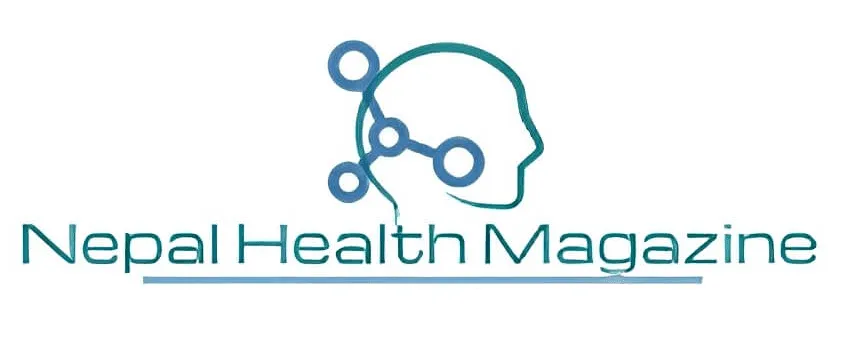Self-Care Month 2024 | WHO : WHO defines self-care as the ability of individuals, families and communities to promote their own health, prevent disease, maintain health, and to cope with illness with or without the support of a health or care worker.It recognizes individuals as active agents in managing their own health care in areas including health promotion; disease prevention and control; self-management; providing care to dependent persons; and rehabilitation, including palliative care. It does not replace the health care system, but instead provides additional choices and options for healthcare.
This year’s Self-Care Month marks the 5th anniversary of WHO launching the first global Guideline on self-care interventions for health and well-being. The release of this Guideline was a major shift in WHO guidance, paving the way to link communities, primary care and health systems. 24 June marks the start of Self-Care Month, which ends with Self-Care Day on 24 July. This symbolic day was chosen because self-care can be practiced “24 hours a day/7 days a week”.
Self-Care Month is an opportunity to:
- raise additional awareness about self-care and self-care interventions;
- acknowledge the benefits that they bring to people’s lives and what’s been achieved so far;
- call for renewed commitments and action to expand all health systems to include self-care interventions.
During the month, people around the world will be celebrating self-care practices and interventions and the difference they can make to everyone’s lives.

Table of Contents
Key Facts about Self-Care Month 2024 | WHO
- Self-care is the ability of individuals, families and communities to promote and maintain their own health, prevent disease, and to cope with illness – with or without the support of a health or care worker.
- Self-care interventions can include medicines, devices, diagnostics and digital tools. Self-care actions include practices, habits, and lifestyle choices.
- Self-sampling of human papilloma virus (HPV) is an effective self-care intervention to screen for cervical cancer.
- Male and female condoms are highly effective self-care interventions in preventing unwanted pregnancies, and STIs, including HIV. Non-judgmental, person-centred information should be provided to support condom use.
- Self-monitoring of blood glucose is a critical part of diabetes management, and self-monitoring of blood pressure is an effective intervention for hypertension management.
- Appropriate self-care can reduce mortality and morbidity from the abuse of alcohol, substances, and tobacco.
- Regular physical activity is a form of self-care that can avert an estimated 3.9 million premature deaths each year.
Did you know there are two parts to self-care?
Self-care actions and self-care interventions.
Self-care actions
Self-care actions are habits, practices and lifestyle choices – things that we can do to help look after ourselves and lead a healthier life. They include but are not limited to:
- Taking regular physical activity – physical activity has huge health benefits for our hearts, minds and bodies. Did you know that physical activity helps to reduce the symptoms of depression and anxiety? It also helps with thinking, learning and making judgements.
- Eating a healthier diet – eat a variety of foods including whole grains, nuts, lots of fruit, and vegetables, and legumes like lentils and beans. And don’t forget foods from animal sources like meat, fish, eggs and milk.
- Looking after our mental health – good mental health is vital to our overall health and well-being. Things that help us look after our mental health include following a healthier lifestyle; spending time in nature and outdoors; talking to family and friends; getting a good night’s sleep; managing stress and limiting ‘high-risk’ situations; talking about mental health problems as they arise and seeking help when needed.
- Quitting or cutting down on alcohol and tobacco.
Self-care interventions
Self-care interventions are the evidence-based tools that support self-care. They include quality medicines, devices, diagnostic, and digital tools. Now is an exciting time with more and more tools being developed.We all have a role to play in promoting and maintaining own own health. Self-care empowers us to be active agents in our own healthcare, putting us at the very centre. Self-care also helps relieve pressures on health systems.
Get real time update about this post category directly on your device, subscribe now.

Hey ! I am Nepal Health Magazine Bot , yet powerful enough to approve, disapprove , delete, ban anything and anyone.



